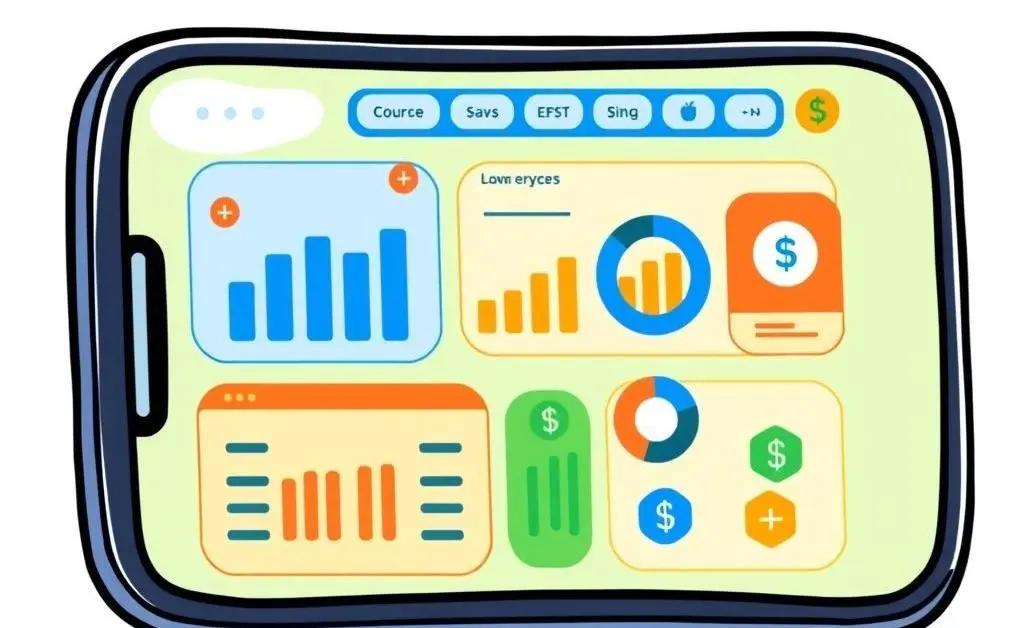Financial Planning for Beginners: Simple Tips to Grow Your Wealth
Start your financial journey today with these practical budgeting and investing tips.

Why Start Financial Planning?
If you've ever felt overwhelmed by money management, you're not alone. Many people approach this crucial aspect of life with hesitation. But here's the good news: financial planning doesn't have to be daunting! Let's break it down into bite-sized steps that can help you build a solid foundation for your future.

1. Creating a Budget: Your Financial Blueprint
Budgeting is your go-to tool for understanding and controlling your finances. Think of it as a roadmap for your spending, helping you reach your goals faster. Start by listing your monthly income and expenses. Look for areas where you can cut costs, like subscriptions you barely use or those daily coffee runs. Using an app can make tracking expenses a breeze.
Budgeting Tips for Success
- Set realistic goals—don't aim to save half your income right away.
- Allocate funds for fun activities to prevent burnout.
- Review and adjust your budget regularly.

2. Getting Started with Investing
Once you have a budget in place, consider investing to grow your wealth. Investing might sound like something only the financially savvy do, but it’s accessible to everyone. Start small: even $50 a month can make a difference over time. Explore options like index funds, which are known for their diversification and lower fees.
Smart Investment Strategies
- Diversify your portfolio to minimize risk.
- Think long-term instead of chasing quick gains.
- Educate yourself continuously about market trends.

3. Setting Financial Goals: Your Path to Success
Having clear financial goals—whether it's buying a house, planning for retirement, or taking a dream vacation—can motivate you and engineer discipline. Break these goals into short-term and long-term categories. This approach allows you to celebrate small wins while keeping an eye on bigger achievements.
Tips for Effective Goal Setting
- Use the SMART strategy: Specific, Measurable, Achievable, Relevant, Time-bound.
- Revisit your goals regularly and adjust as needed.
- Role-play reaching your goals to visualize success.
Conclusion: Your Financial Future Awaits
Embarking on your financial planning journey may seem challenging at first, but each step you take brings you closer to financial freedom. Remember, it’s about progress, not perfection. How are you planning to start your financial journey today?




